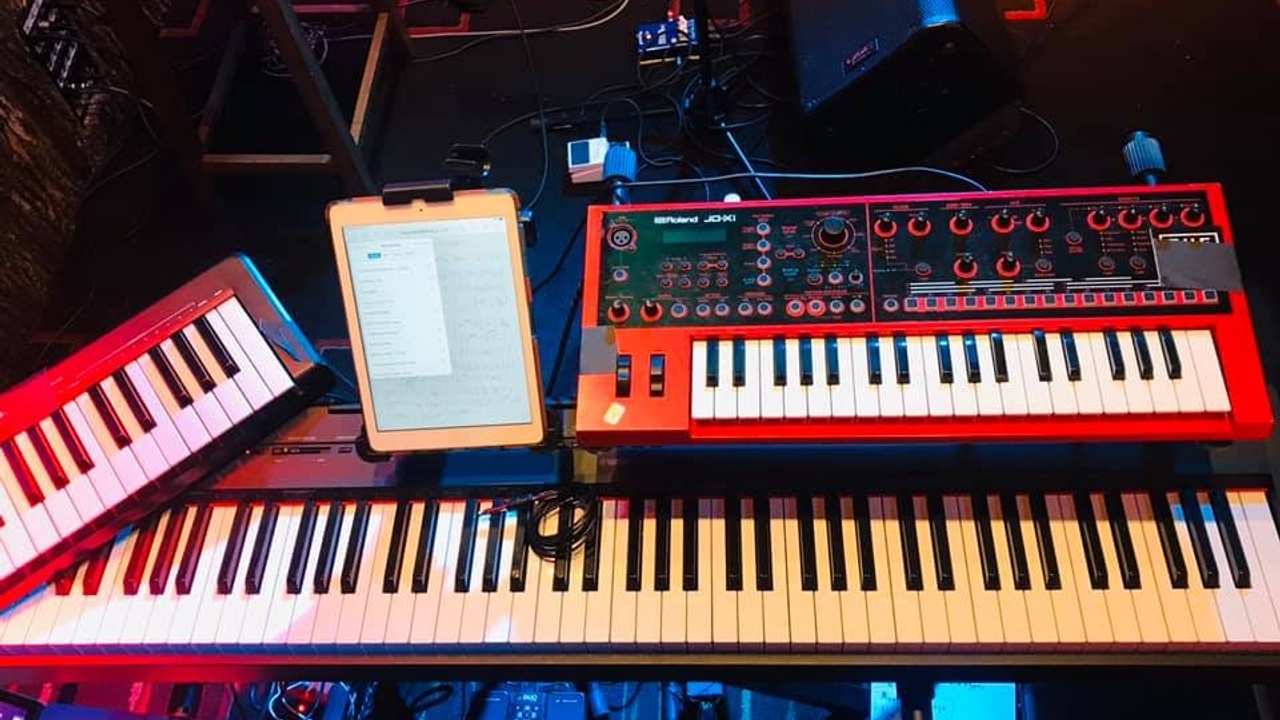Tips on finding the perfect piano for a beginner - Piano Lessons for Beginners

We hear it all the time: “I don't want to invest in a piano for music lessons until I know if my child will stick with them!”
It makes a lot of sense. First, it is wise to be financially prudent, and secondly, no one needs a closet full of forgotten musical instruments. But while we understand the hesitation most parents have in purchasing a music instrument for lessons, we also see an evident lack of progress when a student cannot practice at home.
So here is our best advice:
To get started, try to get a loaner keyboard or piano from a friend or family member! Many people have instruments at home that are unused. A great strategy can be to mention in your social media posts that you are looking to borrow an instrument for a short time (like a month) so your child can get familiar with how music lessons work before making a purchase.
Once you have more certainty that the student will enjoy taking music lessons, our suggestion is to match the student's ability to the instrument that you are going to purchase.
While we have multiple video reviews on our YouTube channel of the best keyboards for beginners, in this article we want to cover the main points to look for when buying an instrument:
- At least 61 keys. These keys will be sufficient for our programs and for 99% of the music a student will learn in the first year. While there are many variations with more keys, it is unnecessary to go with a bigger keyboard as it will make the instrument more expensive.
- Some inexpensive keyboards tend to break down quickly. Go with trusted brands like Yamaha, Casio, etc. These brands are the best ones to purchase to guarantee the durability of their products.
- Music rack. A music rack is useful as beginners will need to prop their sheet music on top of the keyboards. You can always purchase a separate music stand, but that route will take more space and money.
- Natural piano sound. Most keyboards have a decent piano sound. When checking the quality of sound on a keyboard, a great tip is to play the notes at the very ends to check if they sound unrealistic. While having hundreds of sounds can be cool, we advise paying close attention to the quality of the piano sound, which is used most of the time.
- $175 to $300 budget. Using a budget as a guide can steer you out of the instruments that might be inadequate. Most companies out there offer very similar features on products that are intended to compete with each other. A $175.00 keyboard will be very comparable on most brands in terms of features and quality, making any brand in those brackets an acceptable choice.
- Touch sensitivity. Touch sensitivity is the way the keys respond to how hard or soft they are pushed when playing. This feature is a must for all students once they have reached the end of the beginner stage (usually after a year of lessons). Make sure the model you are looking at lists this feature!
- Sustain pedal input. A sustain pedal also becomes handy once you get into more intermediate pieces and songs. While most keyboards come without a sustain pedal, the critical aspect is to ensure that the keyboard you purchase can recognize one (on the back of the keyboard, look for an input jack called sustain or hold).
We hope these simple ideas can steer you in finding the proper instrument for your child's needs. We are here to help, so don't hesitate to contact us if you want specific advice on the instrument or instruments you are considering purchasing.
If you’d like to see some in-depth videos on recommended pianos and more purchasing tips, check out the following videos from our YouTube channel:
